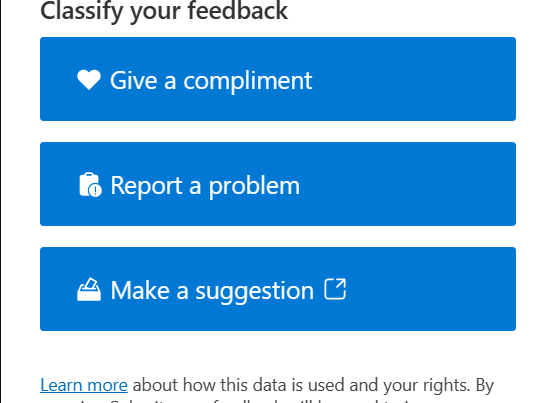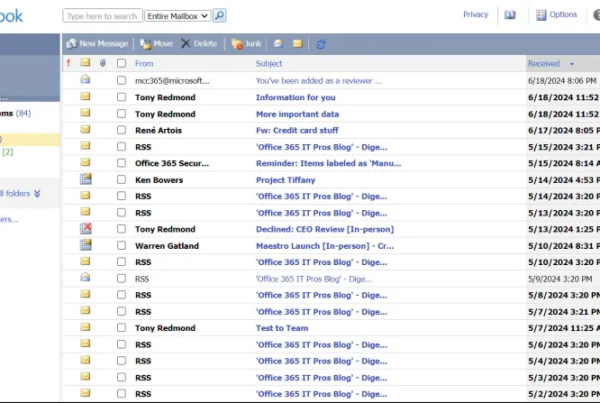Classic Microsoft Teams support will end on July 1, 2024, with the ‘NEW’ label removed from the new Teams app mid to late July 2024. Classic Teams will be unavailable on certain OS from October 23, 2024, and for all users by July 1, 2025. Users should update their OS and Teams client to avoid disruptions.
How this will affect your organization
Classic Teams will reach the end of support starting July 1, 2024 (excluding VDI and Government cloud customers)
Starting July 1, 2024, classic Teams will become unsupported. Users still running classic Teams will experience in-app messages informing them that the client is no longer supported. These messages are dismissible but will reappear periodically.
NEW label removal from Teams app icon
Starting mid-July to late July 2024, we are removing the NEW label from the current new Teams application. The Teams application will be named Microsoft Teams with no additional labels and this change will occur for all platforms and users. We will not change the classic Teams application, which will continue to be called Microsoft Teams classic.
Classic Teams end of availability (blocked from using classic Teams) (excluding VDI and Government cloud customers)
- Starting October 23, 2024, the classic Teams desktop app on Windows 7, 8, 8.1, and Mac OS Sierra (10.12) will reach end of availability. After that date, users will not be able to access the classic Teams desktop app on these operating systems. Users will experience non-dismissible in-app messages informing them about end of availability, with an option to use the new Teams web app on supported browsers as an alternative.
- Starting July 1, 2025, classic Teams desktop app will reach end of availability for all users. The new Teams web app will be available on supported browsers as an alternative.
- Learn more: End of availability for classic Teams client
What you need to do to prepare
Please review the list below and suggested mitigations to avoid any work interruptions for your users. (More details are available in our new Teams checklist)
- Update operating system: Users running classic Teams Windows desktop on Windows 10 version that is less than 10.0.19041 including LTSC (Long term servicing channel) or running macOS versions on Big Sur(11) or lower should work on updating their OS as soon as possible. Microsoft recommends updating to Windows 11 and macOS Sonoma (version 14). Learn more: Prerequisites for new Teams
- VDI Customers should plan to update to Windows Server 2019 (10.0.17763) or Windows Server 2022 (10.0.20348) or higher to get started on their new Teams journey. For details on VDI system requirements, visit New Microsoft Teams for Virtualized Desktop Infrastructure (VDI) – Microsoft Teams | Microsoft Learn
- Resolve device policy restrictions: Policies must not block new Teams installation (MSIX) and the Teams Meeting add-in (MSI) or the Webview2 updater. Mitigate these issues by updating to Evergreen Webview2 installer or leveraging deployment options such as bulk deployment.
- Fix other software blocks: For any other firewalls, Antivirus or AppLocker issues that are preventing app installation, mitigate these issues or leverage deployment options such as bulk deployment to get new Teams for users.
- Update Teams client version: Users on Teams versions that are older than the supported versions (any versions released over 90 days prior to the current version’s release date) must update their desktop client to the latest version. Please visit Teams updates – Microsoft Teams | Microsoft Learn to learn more.
Note: Please refer to our checklist for more information on new Teams requirements: Deployment checklist for new Teams client – Microsoft Teams | Microsoft Learn
Learn more: End of availability for classic Teams client
Message ID
MC803890
Published
Jun 21, 2024




